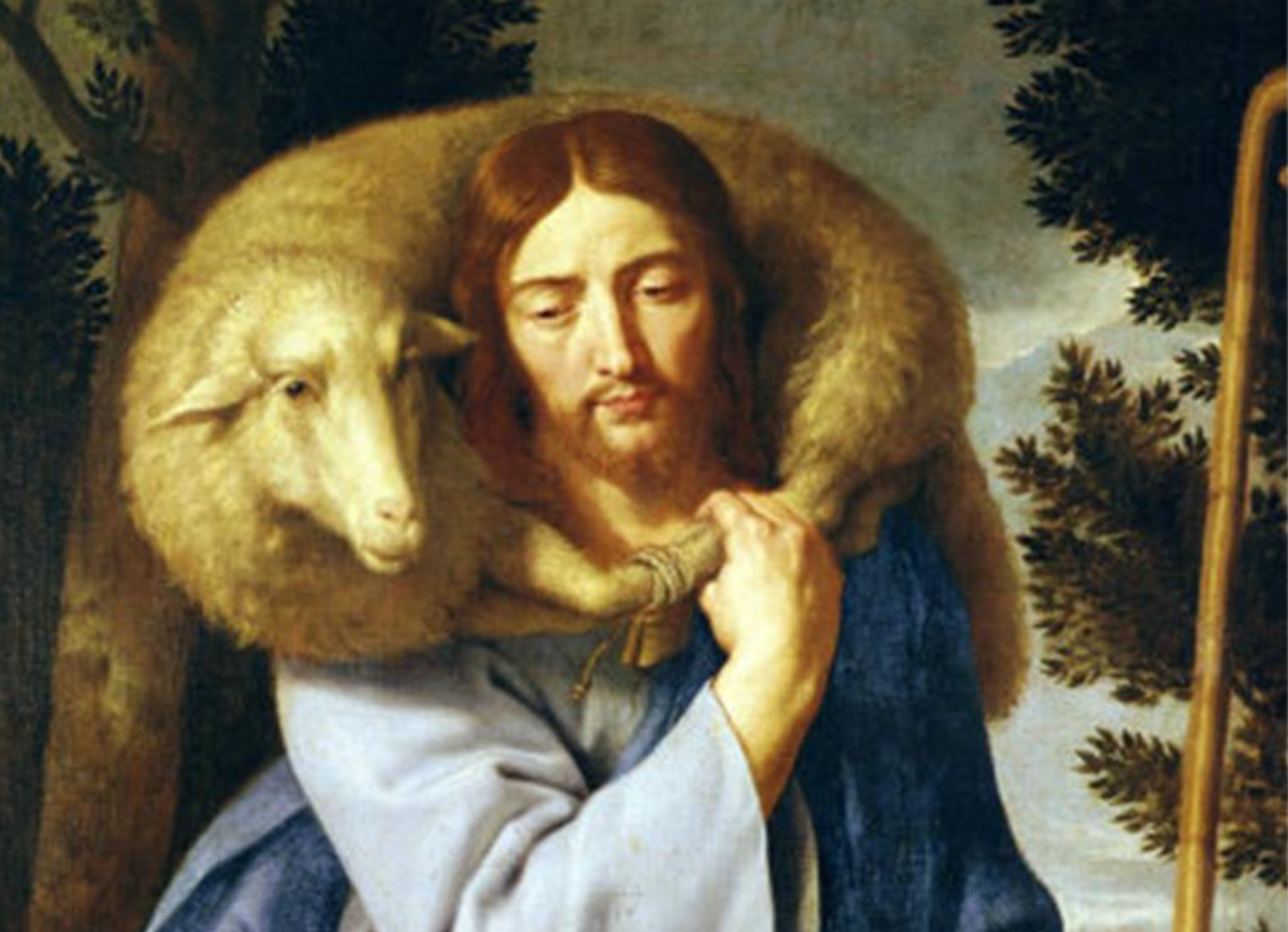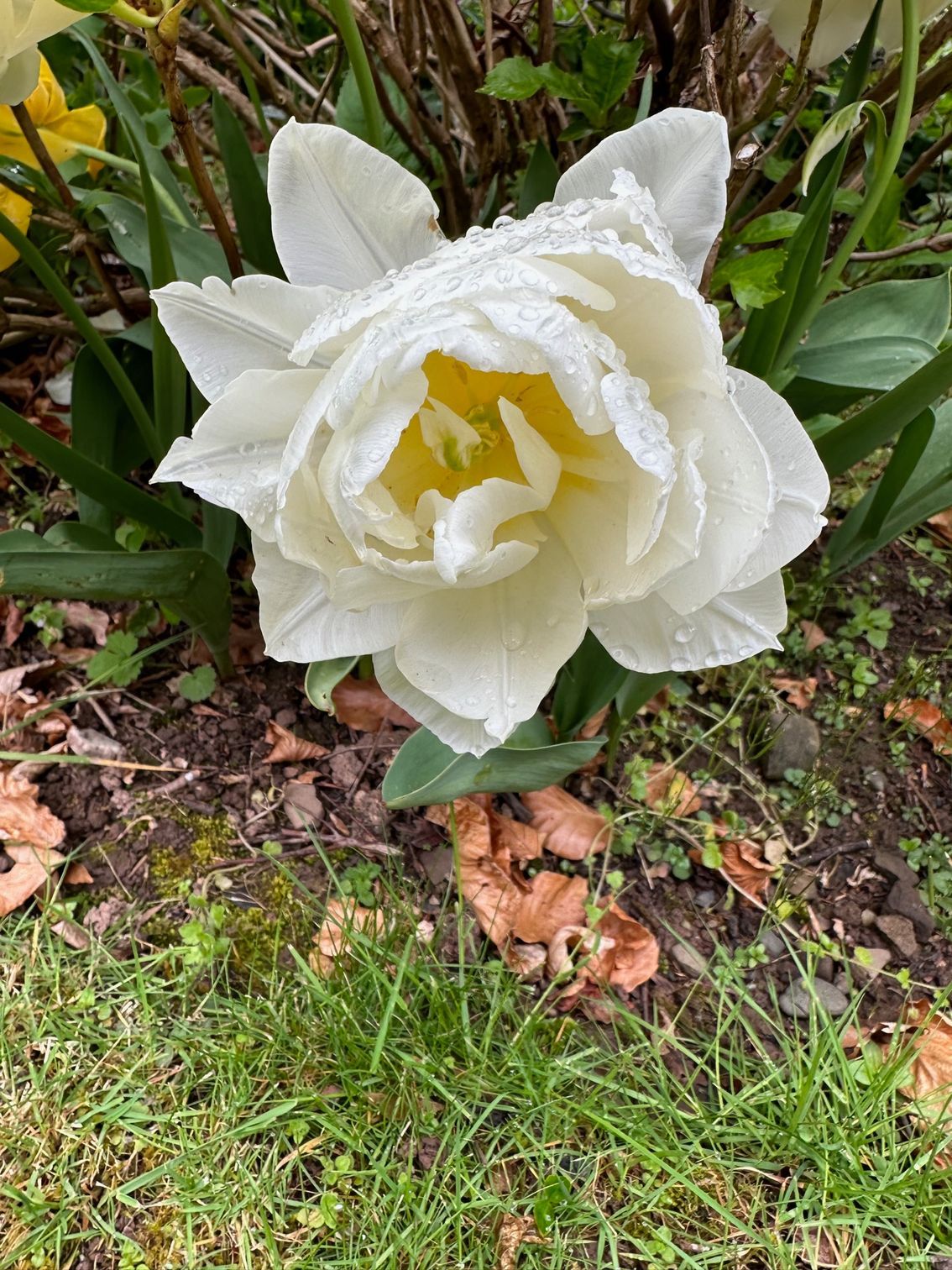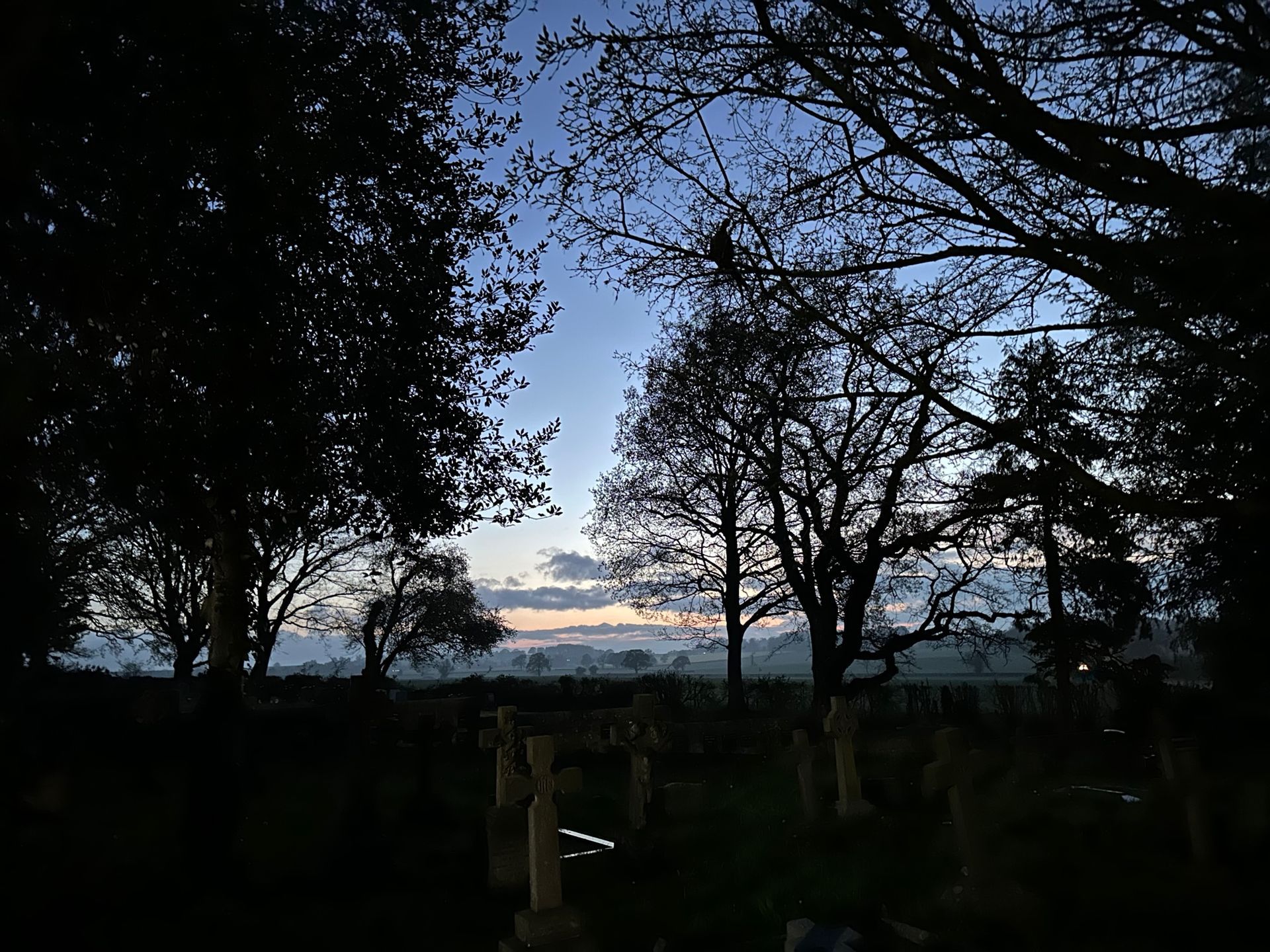Message of Abbot Paul - Monday 1st May 2023
Abbot Paul • May 1, 2023



You know that I walk with Toby first thing in the morning and I often give details of what we see and hear. We also go out at other times and each walk has its own features, all chosen by Toby. Around 9am we walk on the old school playing fields, now used by a Hereford football academy called Toros, which accounts for the field being so beautifully kept. On this walk he meets up with his friends Holly and Murphy, two adorable chocolate Labradors and serious walkers, and occasionally with Ben, a handsome black lab. Returning from this walk, in season we feed our fish and check out the pond for visitors and any damage caused either to fish or plants by grey herons, otters and the occasional mink. In the course of the day there are several short walks and last thing of an evening, around 9pm, we take out last walk of the day, usually in the company of Fr Alex. Again, Toby choses the route, his favourite being a lengthy inspection of the cemetery. You will have noticed that I often take photographs in the Belmont cemetery, and when I get to opportunity, in other cemeteries too.
I just wish to say how impressed I have been by the beauty of the various liturgical celebrations that have taken place during the Holy Father Pope Francis’ pastoral visit to Hungary. You can see them all on YouTube.
Today’s Gospel is the continuation of yesterday’s, the Parable of the Good Shepherd from John, (Jn 10: 11-18).
“I am the good shepherd:
the good shepherd is one who lays down his life for his sheep.
The hired man, since he is not the shepherd
and the sheep do not belong to him,
abandons the sheep and runs away
as soon as he sees a wolf coming,
and then the wolf attacks and scatters the sheep;
this is because he is only a hired man
and has no concern for the sheep.”
This is a passage we know well, the image of God as a shepherd coming from the Old Testament. God loves his sheep, and the depth of God’s love is seen in the Incarnation, when God becomes man in order to offer his life as a sacrifice for the salvation of the world, the salvation and eternal happiness of his sheep. The hired man could well be the scribes and Pharisees and the religious authorities in Israel at the time of Jesus’ ministry. I wonder who these would be today?
Jesus continues:
“I am the good shepherd;
I know my own
and my own know me,
just as the Father knows me
and I know the Father;
and I lay down my life for my sheep.”
A good shepherd knows each one of his sheep and knows them by name. They, in turn, know him and trust him. Jesus reiterates that he has come to lay down his life for his sheep rather than to slaughter them for his own advantage. In fact, we know Jesus to be the Lamb of God, who takes away the sin of the world, as John the Baptist testified at the very beginning of Christ’s ministry, when he came to be baptised by John in the Jordan. Jesus tells his disciples that there are other sheep, not of his fold, whom he also wants to lead and save and bring into the fold of God’s kingdom.
“And there are other sheep I have
that are not of this fold,
and these I have to lead as well.
They too will listen to my voice,
and there will be only one flock,
and one shepherd.”
Jesus has come to reconcile all people with one another and with God, so that there be but one shepherd and one flock. I have always felt that this, in part, refers to the fact that in the life to come and in God’s kingdom, the sad divisions among Christians, even within the same confession, will cease to be and that the unity we yearn for on earth will become a reality in heaven, when God will be all in all.









